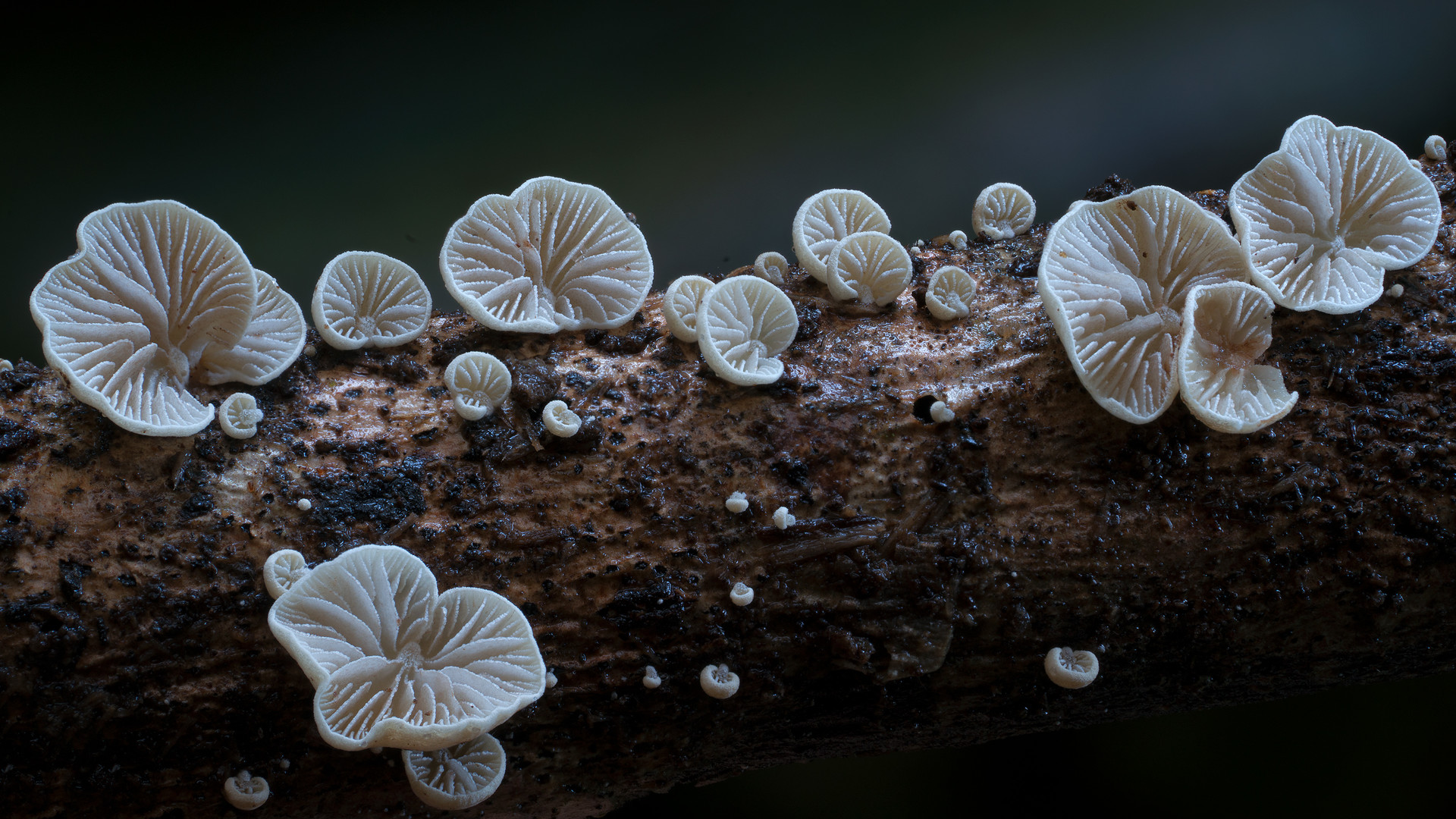Missoulian: https://missoulian.com/entertainment/movies/the-kingdom-documentary-takes-you-into-fungis-essential-role/article_7ce4b77e-7b66-5388-baed-e97d38838f25.html
Apr 17, 2020
Now that you’ve spent some time perfecting your sourdough starter, or had spare minutes to contemplate the nature of your locally brewed beer, a film screening at the International Wildlife Film Festival can help you understand how it’s all possible.
“The Kingdom” aims for nothing less than a Brief History of the Fungi, stretching all the way back to the beginning of life on Earth and continuing to the present, an ambition that calls to mind the scene in the movie “Adaptation” where screenwriter protagonist Charlie Kaufman spins out of control and decides his story should start with the Big Bang.
“The Kingdom,” however, is a tightly narrated and organized movie in which directors Annamaria Talas and Simon Nasht provide an introduction to the life form. As one interviewee points out, fungi are an “entire kingdom” unto themselves and how they’ve “shaped all of life on land.”
They do so with explanations from scientists, often in the woods or a laboratory, and a number of beautiful visuals: time-lapse and microscope photography of mushrooms and other fungal elements growing on a microscopic scale, or computer-generated imagery how fungal networks connect entire forests.
What we do understand goes back to the beginning of life on land, as fungi help make that movement possible, and then filling the atmosphere with oxygen. These sections, including a section on dinosaurs, get a boost from CGI.
The sprint through history includes a brief section on yeast and theories about its role in the development of human society from hunting and gathering to agriculture. (Some believe that the first grains were cultivated for alcohol. Beer is sterile, an important trait in time when bacteria were rampant and penicillin, another landmark thanks to fungi, wasn’t yet discovered.) Dunn and Madden take us on a brief detour into their efforts to explore alternative yeasts for brewing. Most, they point out, will taste awful, but they eventually find a wasp-based yeast that their brewer-collaborator turns into a tasty pint.
That’s the fun example. Gerry Wright, another researcher, explains fungus, in their never-ending war with bacteria, develop novel forms of resistance that we can’t yet recreate in a lab. As bacteria evolve, scientists look to fungi, sometimes even common soil-based forms, for new ways to secure antibiotics.
Toward the end of the film, the directors remind us that it’s mostly a coincidence that humans have benefited from fungi — it’s only our inhospitable mammalian body temperature and not any benevolence towards us that have allowed humans to thrive where reptiles did not. (Or think of the disease affecting bats, who cool down enough during hibernation to become sickened with white nose syndrome.) They close with a reminder that fungi are evolving constantly, and the spread of an airborne fungus from Australia to the forests of Vancouver Island led to an outbreak of cryptococcal disease.
That closer, with an invisible biological threat, adds the movie’s timeliness, as it’s a deep but fast primer on a part of the workings of the world that we often have the benefit of ignoring.



